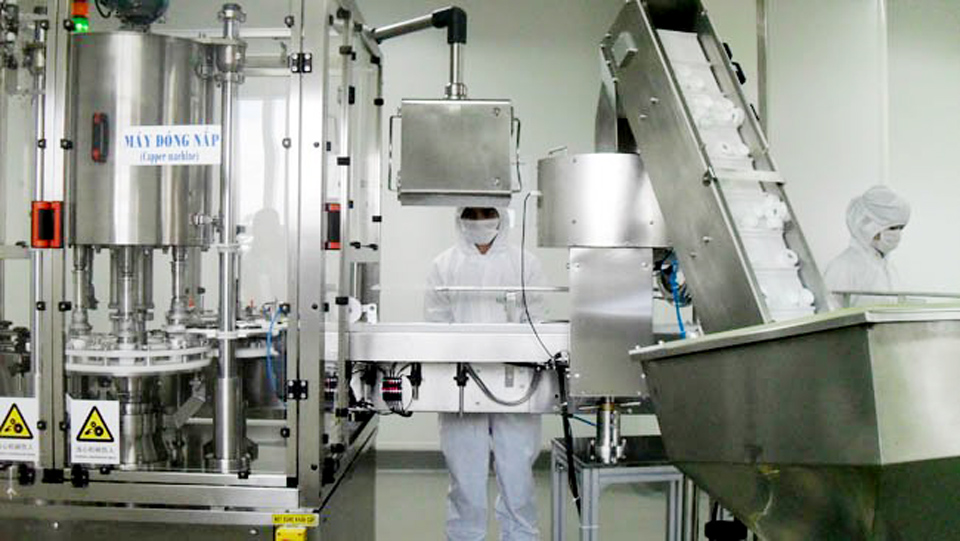HCMC – The rise in new orders has been slower as some customers have been deterred by sharp price rises, in addition to difficulties in buying materials from China which is imposing stringent Covid-19 restrictions.
According to the latest report on the Vietnam Manufacturing Purchasing Managers’ Index (PMI) by S&P Global, the growth of new orders eased to the softest in the current seven-month sequence of expansion.
Softer new order growth and higher staffing levels meant that firms were able to keep on top of workloads and reduce backlogs for the first time in three months.
According to the report, output returned to growth in the Vietnamese manufacturing sector in April as the recent wave of Covid-19 infections subsided and firms were able to take on additional staff and expand production.
The Vietnam Manufacturing PMI was unchanged at 51.7 in April as business conditions improved for the seventh successive month.
Both output and employment grew in April, after having dropped during March. In both cases, firms benefited from falls in Covid-19 case numbers.
The improved pandemic situation enabled employees to return to work, while there were also widespread reports of recruitment. In reality, the rate of job creation was the fastest for a year, according to the report.
Rising capacity helped firms expand output and take advantage of customers’ demand. Output increased for the sixth time over the past seven months.
The report also showed that input costs continued to increase sharply and was the second-fastest in 11 years. In turn, manufacturers increased their selling prices rapidly and at the fastest pace in five months.
Suppliers’ delivery time continued to lengthen, with Covid-19 restrictions in China and the war in Ukraine affecting the ability of firms to secure inputs.
Material supply issues contributed to a fall in stocks of purchases for the first time in four months in April, with lower pre-production inventories recorded despite a seventh successive increase in purchasing activity.
In reality, the input purchase rose at a faster pace than in March, which was attributed to rising new orders. Stocks of finished goods also fell, which was due to a combination of the use of inventories to support sales requirements and limits to production due to material shortages.
The report also showed that enterprises’ confidence was higher at the start of the second quarter.
Andrew Harker, economics director at S&P Global, said, “The rapid decline in Covid-19 cases in Vietnam helped lead to renewed growth of output and employment in April amid a return to more normal business conditions. This provides hope that the sector can now see a sustained period of recovery and expansion.”
However, there are still a range of headwinds limiting the pace of expansion, however, most notably the continued pandemic difficulties in China and ongoing sharp price rises. These issues affected both supply and demand at the start of the second quarter and will likely restrict growth in the months ahead, Andrew added.









